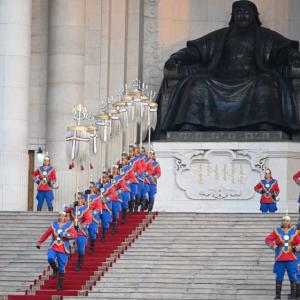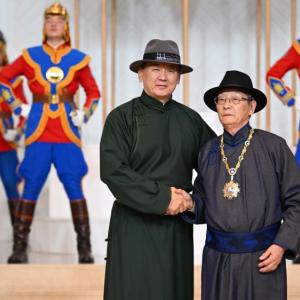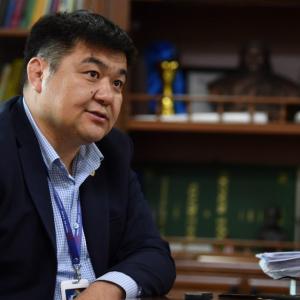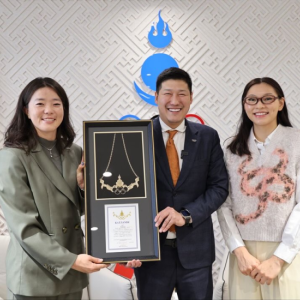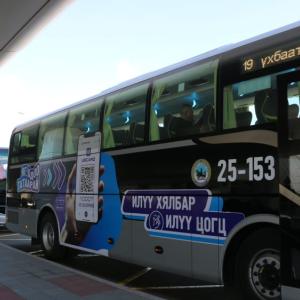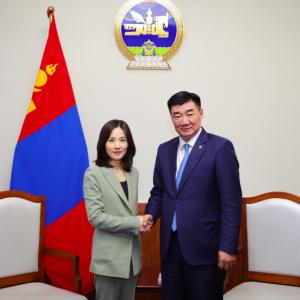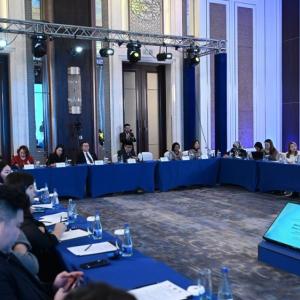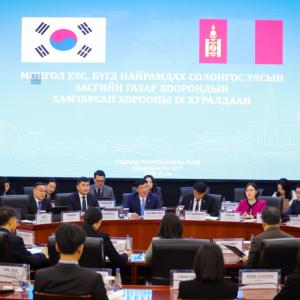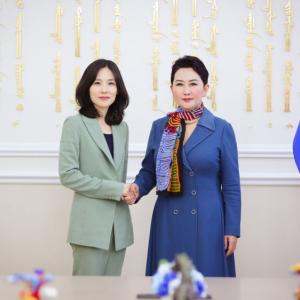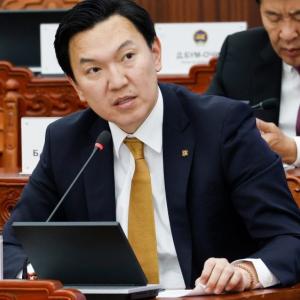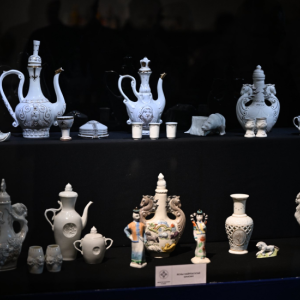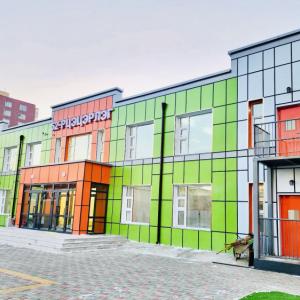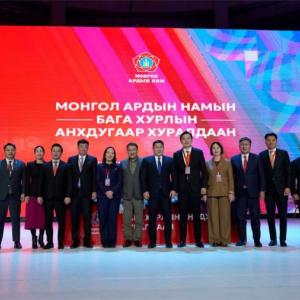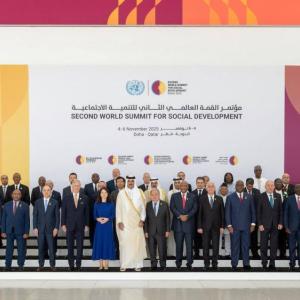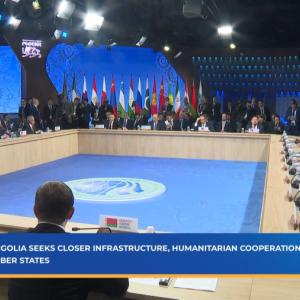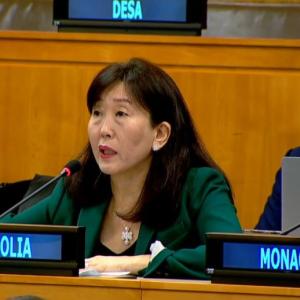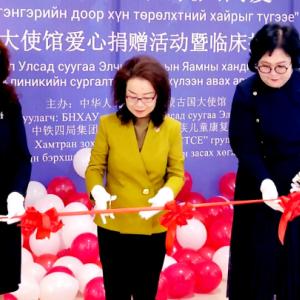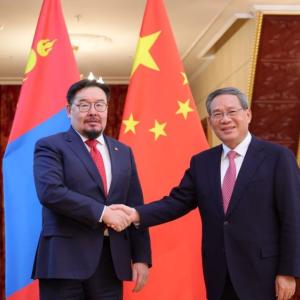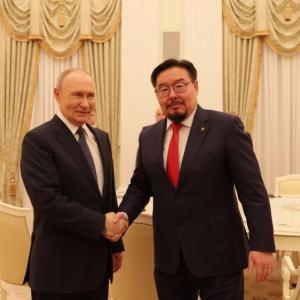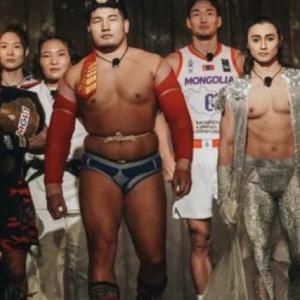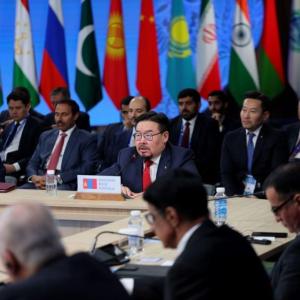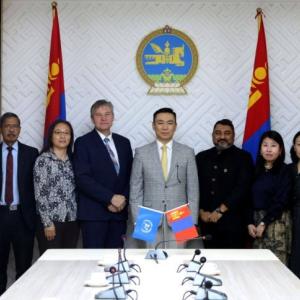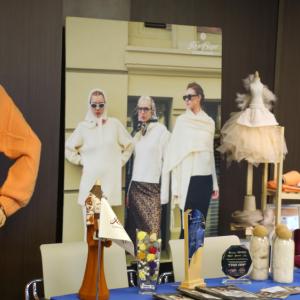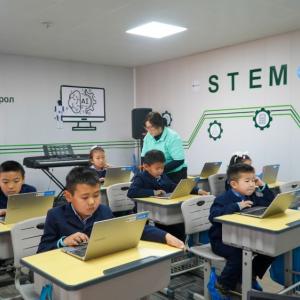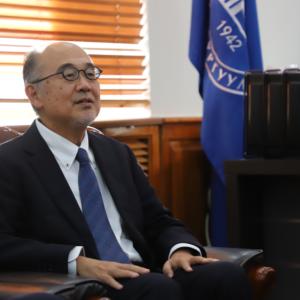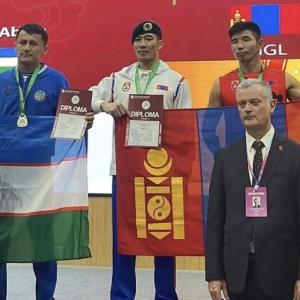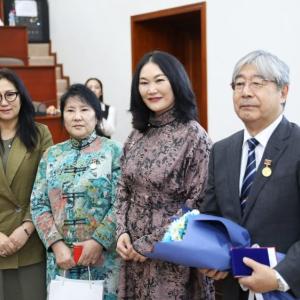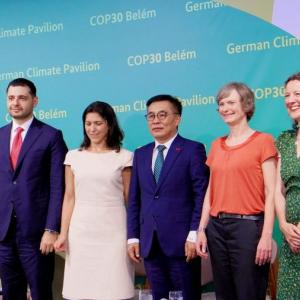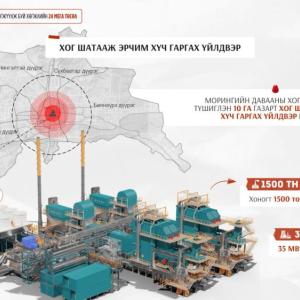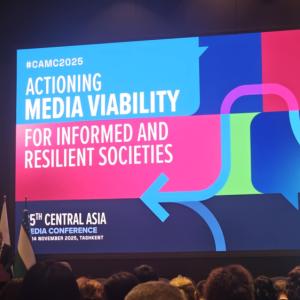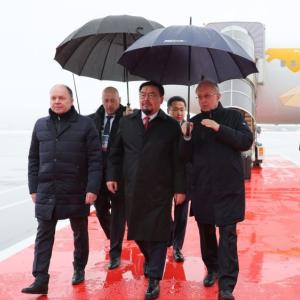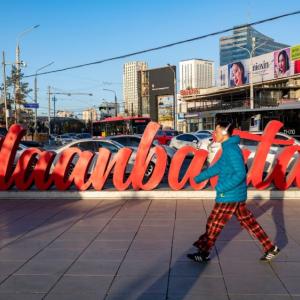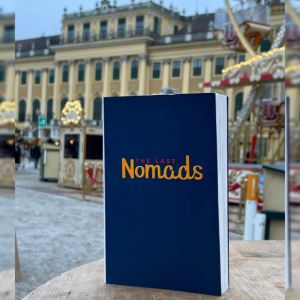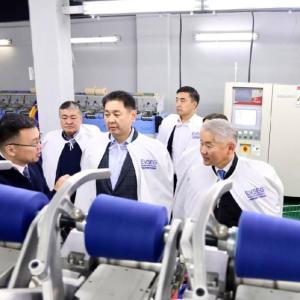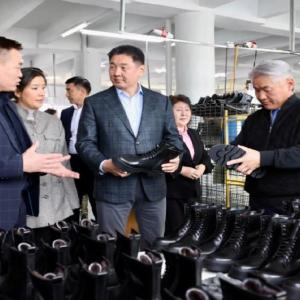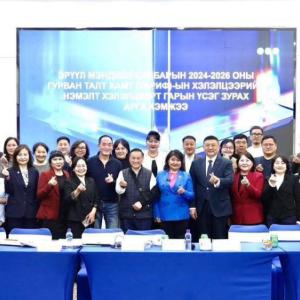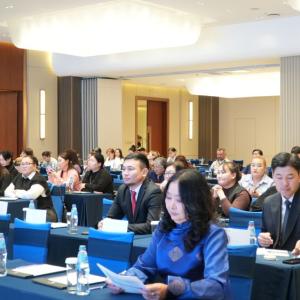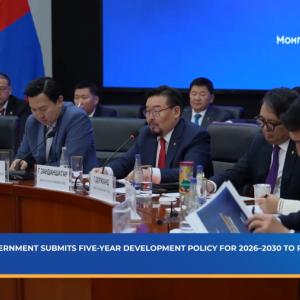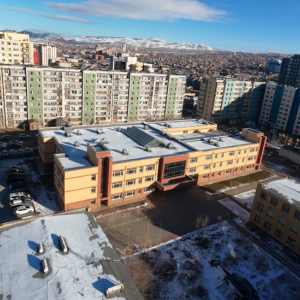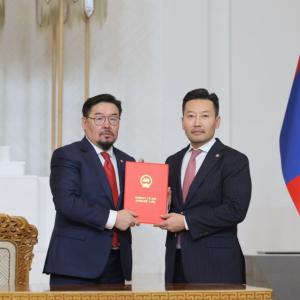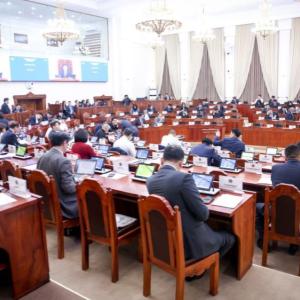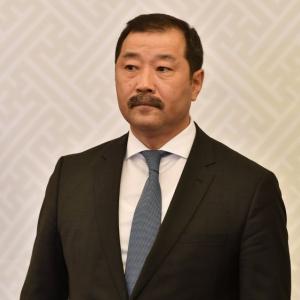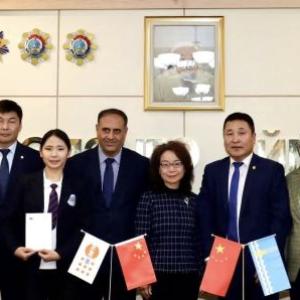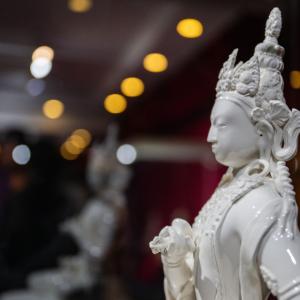Symposium on Ovoo and Ritual remarking held in California
Art & CultureUlaanbaatar/MONTSAME/ On February 19-22, the UC Berkeley Center for Buddhist Studies, Institute of East Asian Studies, Mongolia Initiative, and Tang Center for Silk Road Studies have successfully co-organized the symposium Points of Transition: Ovoo and the Ritual Remaking of Religious, Ecological, and Historical Politics in Inner Asia at UC Berkeley, California. Thanks to the France-Berkeley Fund and Townsend Center for the Humanities for giving opportunity to scholars to contribute their research to the literature on Mongolian Studies. The “Point of Transition” symposium was attended by staff of the Consulate General of Mongolia in San Francisco, Vice Consul, Mr. Bayartsengel Damdinjav and Vice Consul Byambajargal Serjmyatav.
“Ovoo, the
structures of stones, trees, scarves, skulls, steering wheel covers, and a
staggering array of other objects that are ubiquitous across the landscape of
contemporary Mongolia, Buryatia, Inner Mongolia, and Qinghai, have long marked
sites where ritual, though often highly spontaneous, practices invoke the
presence of immanent relations. Built and maintained by various publics,
gatherings at ovoo have over past centuries been major sites of political
action, where the identities of and relationships between more and less local
shamans, lamas, imperial officials, businesspeople, bureaucrats, politicians,
and nonhumans are narrated, contested, and re-defined. At the same time, ovoo
are often engaged individually, by travelers engaging roadside ovoo or at
places generally unspoken of others and not visible on the wider landscape,
that are especially significant to an individual or intimate group. Scholars
from the US, Europe, and Asia will be discussing such issues as how these sites
are useful in juxtaposing historical and political narratives, ecological and
environmentalist movements, religious practice, and the productive logics of
households, businesses, and states.”
The two-day workshop and the symposium involved well-researched scholars in the fields of anthropology, history, and international relations. While the workshop served as an introduction to each participant’s research work, archival documents, and recent developments involving mining, it also served as an opportunity to learn and exchange informed perspectives on ovoo and their utilization at a local, national, and international level.
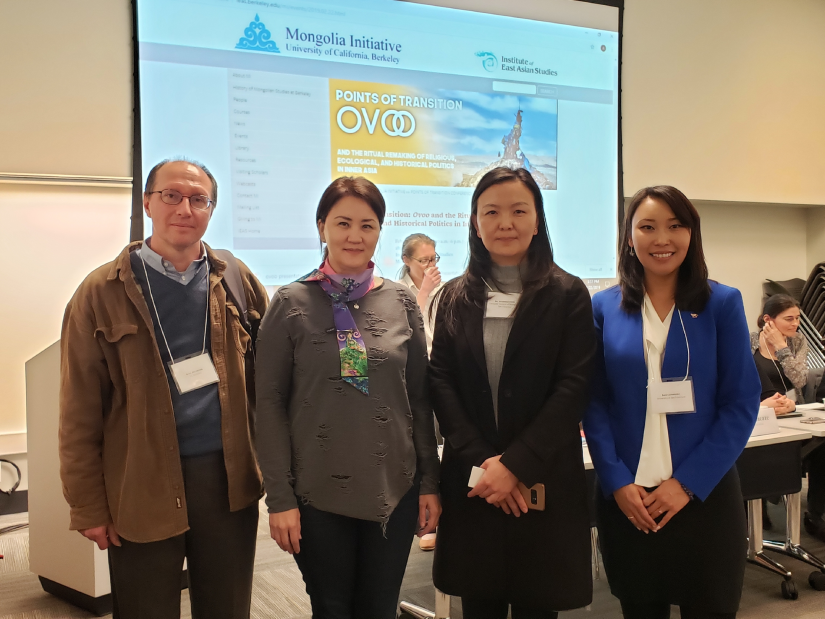
Well-established
anthropologists from France, such as Isabelle Charleux (Centre
National de la Recherche Scientifique), Gaelle Lacaze (Université
Paris-Sorbonne), Bernard Charlier (Université
Catholique de Louvain), Grégory Delaplace, (Université
Paris-Nanterre), Laurent Legrain (Université
de Toulouse), Aurore Dumont (Academia
Sinica in Taiwan); scholars from the US, Devon Dear, Anne-Sophie
Pratte (Harvard University), Brian
Baumann (UC Berkeley), Jessica
Madison-Pískatá (UC Santa Cruz),
Sangseraima Ujeed (UC Santa Barbara),
Marissa Smith (De Anza College), Kip
Hutchins (University of Wisconsin-Madison),
Sam Bass (Indiana University), Rebecca
Watters (The Wolverine Foundation) and
Bolor Lkhaajav (University of San Francisco)
have successfully presented their work.
The “Points of
Transition” symposium sparked an intellectual discussion between participants
and the audience on ovoos’ historical, political, and social roles. All
participants touched on important aspects of the ovoo and its dynamics. The
topics range from “Community, Faith, and Politics: the Ovoo Cairns and Rituals
of the Shinehen Buryats Throughout the 20th Century”
by Dr. Aurore Dumont to “Ovoos on Qing Dynasty Mongol Banner Maps” by Dr.
Isabelle Charleux. There are number of scholars shed a light on ovoos’ presence
in Mongolian society. For example, Dr. Bernard Charlier wrote about “From
Attachment to Detachment: Praying at the Ovoo and Finding One’s Place Far from
the Homeland,” highlighting the difficulty of nomads to leave their homeland,
mountains, and ovoos and migrating to a new urban setting. Kip Hutchins from
the University of Wisconsin-Madison highlighted
ovoo as at the heart of Mongolian heritage, yet it creates an environmental
conflict. Similarly, Bolor Lkhaajav from University
of San Francisco shared her online survey which calls for an
action-based policy from the government, NGOs, and possibly the people to clean
up the surrounding environment of ovoos around the country. All participants
utilized archival documents such as maps, banners, sketches and painting of
ovoos —highlighting a niche of research that contributes to the modern
literature on Mongolian studies.
Bolor Lkhaajav
 Ulaanbaatar
Ulaanbaatar






